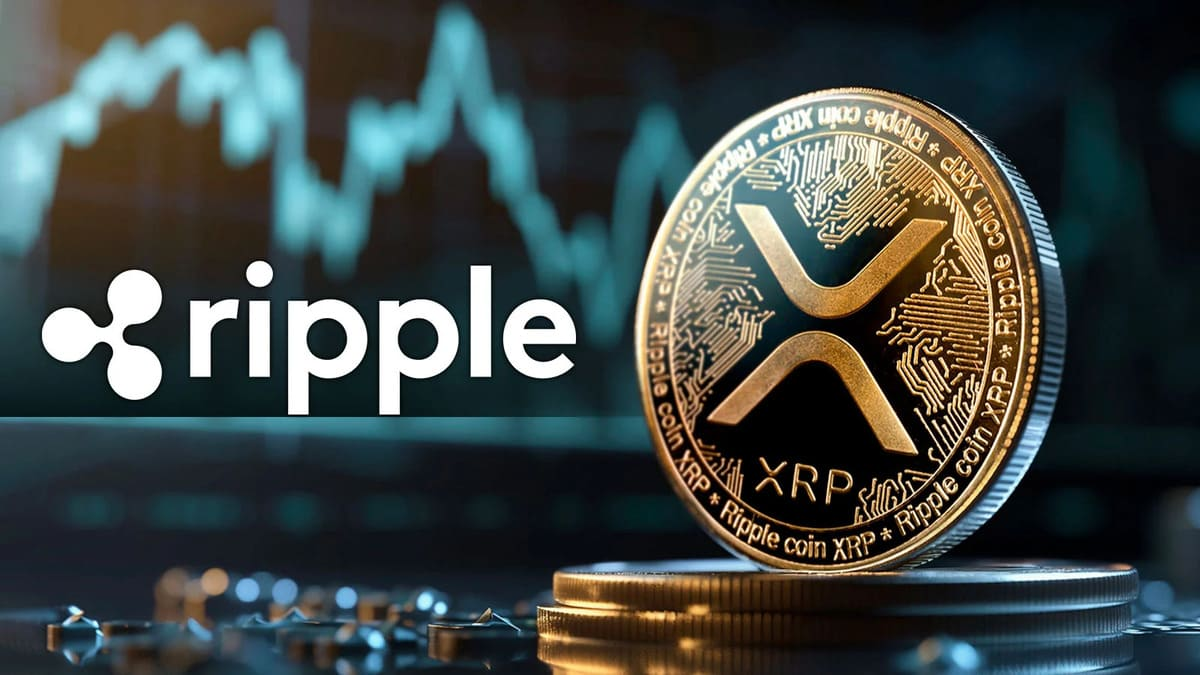In a recent post, Bill Morgan shared that October could be crucial for XRP's growth. This came after the SEC's recent decision to postpone the decision date on several XRP ETF applications. He also highlighted that the decision on Ripple's banking license could occur in October.
"All these spot ETFs, including those for XRP, are delayed until the end of October 2025. Additionally, there is Ripple's request for a national bank charter... which means that by the end of October, many things could happen at once," he noted.
While much of Ripple's business plan remains confidential, the outcome of these pending approvals will carry enormous weight. An XRP ETF would indicate market validation, while a national charter would consolidate Ripple's operations within the U.S. financial system.
Now that the lawsuit between the SEC and Ripple has concluded, the business is approaching overall integration and greater regulatory clarity. The token would advance significantly if XRP ETFs were approved.
The SEC formally extended the review period for several XRP ETF applications. This included those from 21Shares, Grayscale, Bitwise, CoinShares, Canary Capital, WisdomTree, and Franklin Templeton.
Initially scheduled for August, the commission extended the deadlines by 60 days, setting mid to late October as the final deadline for decisions. According to regulatory timelines, the SEC cannot grant further extensions after this date. This means that it is likely that ETFs will receive a final decision in October.
Institutional investors would have regulated their exposure to the altcoin if the XRP ETF were approved. This could result in greater liquidity and adoption. On the other hand, Ripple's attempts to integrate its ecosystem with traditional financial markets would be hindered by rejection.
For added weight in October, Ripple's application for a U.S. national banking license is expected to be resolved by then. According to guidelines from the Office of the Comptroller of the Currency (OCC), applications are generally reviewed within 120 days, placing Ripple's deadline at the end of October.
The charter would allow Ripple to operate as a federally regulated trust bank. This places it among a select group of cryptocurrency companies that have obtained this level of oversight. This measure would also elevate Ripple's regulatory credibility. The company has also applied for a master account with the Federal Reserve, which would allow RLUSD reserves to be held directly at the U.S. central bank.
Ripple finds itself at a turning point in the regulatory decision-making process as October approaches. This month could determine whether XRP solidifies in the U.S. financial system.


